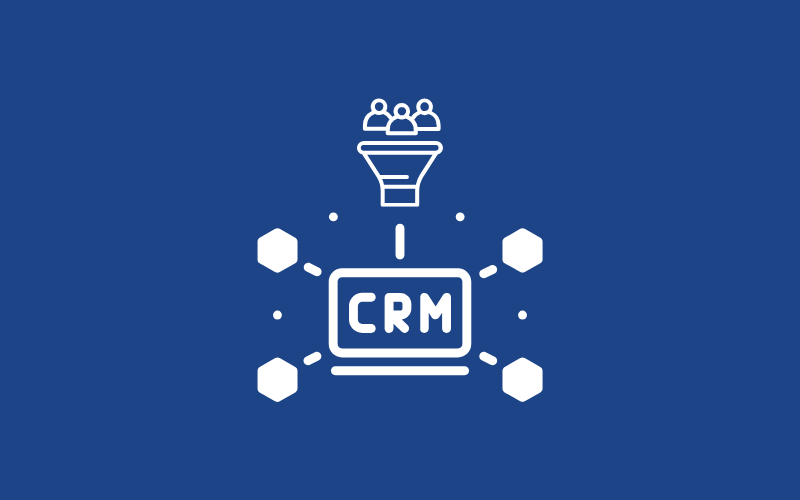In today’s fast-paced real estate industry, staying organized and managing your properties efficiently is crucial for success. This is where Real Estate CRM (Customer Relationship Management) comes into play. This comprehensive guide will walk you through everything you need to know about Real Estate CRM, from its benefits to choosing the right CRM software for your business.
Introduction
Real estate professionals deal with an array of tasks daily – from lead generation to property management and client communications. Keeping track of all these activities can be overwhelming. This is where a Real Estate CRM system can revolutionize your business. In this article, we’ll explore how a Real Estate CRM can help you streamline your operations, boost productivity, and ultimately, enhance your bottom line.
What Is Real Estate CRM?
A Real Estate CRM is a software solution designed specifically for professionals in the real estate industry. It serves as a centralized platform to manage and streamline various aspects of property transactions, client interactions, and marketing efforts. This technology empowers real estate agents, brokers, and property managers to maintain organized records, automate repetitive tasks, and provide a higher level of service to their clients.
Why Do You Need Real Estate CRM?
1. Efficient Contact Management
One of the primary functions of a Real Estate CRM is contact management. It allows you to keep detailed records of your clients, leads, and partners. With just a few clicks, you can access contact information, communication history, and preferences, making it easier to tailor your interactions to each individual.
2. Lead Management and Conversion
Managing leads is a critical aspect of real estate. A CRM system can help you track leads from various sources, rank them based on their potential, and automate follow-up processes. This leads to higher conversion rates as you can ensure no lead falls through the cracks.
3. Property Management
Keeping track of property listings, their status, and associated documents can be a daunting task. A Real Estate CRM simplifies this by providing a centralized repository for property details, photos, and documents. It also enables you to schedule property showings efficiently.
4. Task Automation
Repetitive administrative tasks like sending emails, scheduling appointments, and generating reports can consume a significant portion of your day. A CRM automates these tasks, allowing you to focus on more critical aspects of your business.
5. Marketing and Communication
Effective marketing is essential in the real estate industry. A CRM can help you segment your contacts, create targeted marketing campaigns, and track their performance. It also facilitates personalized communication with clients and prospects.
Choosing the Right Real Estate CRM
Selecting the ideal CRM software for your real estate business is crucial. Here are some factors to consider:
1. User-Friendly Interface
The CRM should have an intuitive interface that’s easy for your team to navigate. Training your staff should be a seamless process.
2. Integration Capabilities
Ensure the CRM can integrate with other tools you use, such as email marketing platforms, property listing websites, and accounting software.
3. Customization Options
Every real estate business is unique. Look for a CRM that allows customization to match your specific workflow and needs.
4. Mobile Accessibility
In the field, you need access to your CRM on mobile devices. Choose a CRM that offers a mobile app or a responsive web interface.
5. Customer Support
Excellent customer support is vital. In case of issues or questions, you want a reliable support team to assist you promptly.
Frequently Asked Questions (FAQs)
How does a Real Estate CRM benefit agents and brokers?
A Real Estate CRM streamlines operations, enhances communication, and boosts efficiency, ultimately leading to increased sales and improved client relationships.
Can I import my existing contacts into a CRM?
Yes, most CRM systems allow you to import your existing contact list, making the transition seamless.
Is Real Estate CRM suitable for small agencies?
Absolutely. Real Estate CRM systems are scalable, making them suitable for businesses of all sizes.
How can a CRM help with marketing efforts?
A CRM enables targeted marketing campaigns by segmenting your contacts based on various criteria, ensuring your marketing efforts are more effective.
Are there any free Real Estate CRM options available?
Yes, there are free CRM options with basic features. However, for more advanced functionality and support, it’s advisable to invest in a paid CRM solution.
What should I look for when comparing CRM pricing plans?
When evaluating pricing plans, consider factors like the number of users, features included, and scalability to ensure it aligns with your business needs.
Conclusion
In the competitive world of real estate, having a tool like Real Estate CRM can make a world of difference. It not only streamlines your operations but also allows you to provide top-notch service to your clients. As you embark on your CRM journey, remember to assess your specific needs, explore the available options, and choose the CRM that aligns best with your business goals. With the right Real Estate CRM, you’ll be on your way to achieving new heights of success in the industry.


